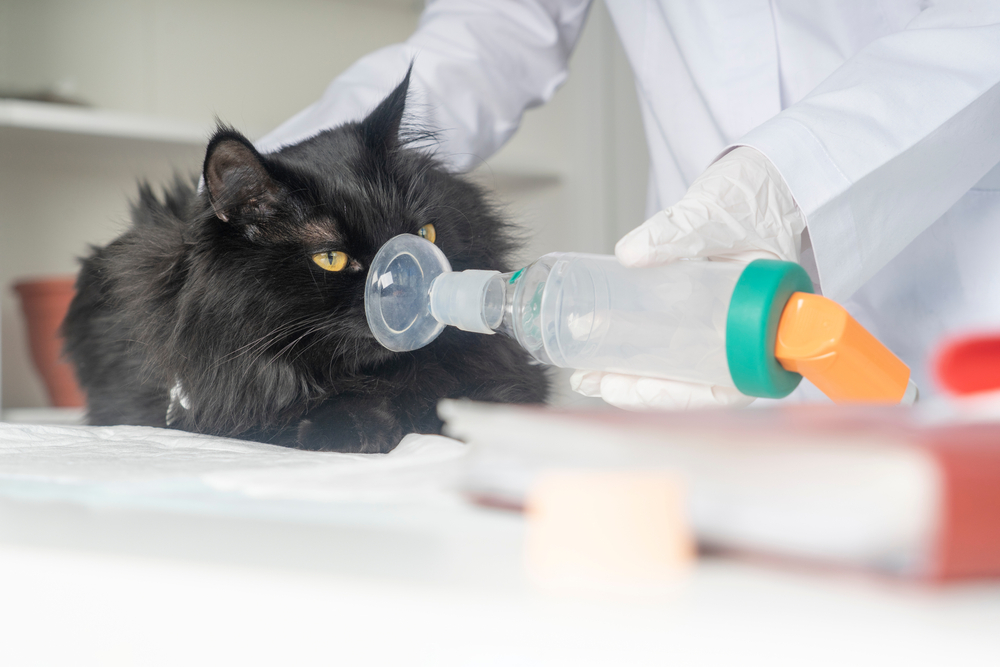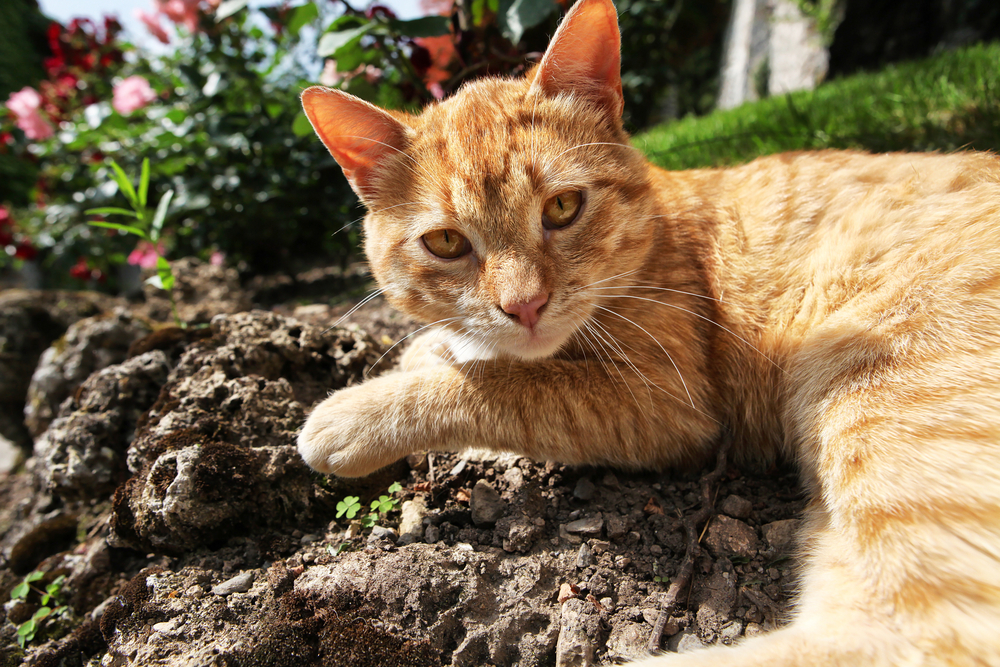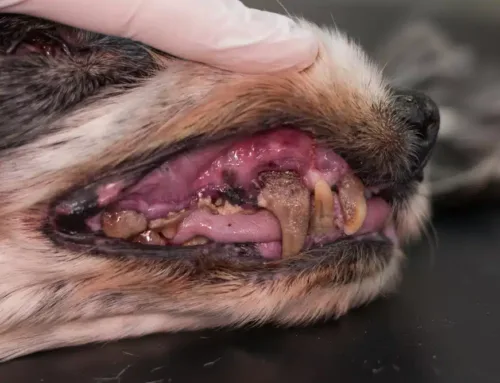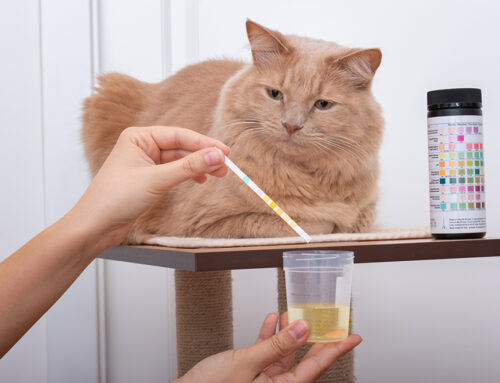Understanding Feline Asthma: Causes, Symptoms, and Treatment
Feline asthma is a prevalent and potentially serious condition among cats that mirrors human asthma. Recognizing the symptoms early and consulting with a veterinarian is crucial in managing the disease and improving your cat’s quality of life.
At The Gentle Vet, we are dedicated to providing compassionate care to our feline patients showing signs of asthma. This expanded guide will dive deeper into the intricacies of feline asthma from both a pet owner and veterinary standpoint.
What is Feline Asthma?
Feline asthma is a chronic inflammatory respiratory condition characterized by the narrowing of the airways due to inflammation and constriction. This can lead to difficulty breathing, coughing, and wheezing. The severity of feline asthma can vary greatly, from mild symptoms to severe, life-threatening attacks that require immediate medical attention.
Medical Perspective
From a medical standpoint, asthma in cats is an immune-mediated response where the airways become hypersensitive to various allergens. The inflammation causes the muscles around the airways to constrict and the lining of the airways to swell, often producing excess mucus. This can make breathing challenging and, in severe cases, restrict oxygen intake, posing significant health risks.
Causes and Risk Factors
Asthma can affect cats of any breed and age, though certain factors may increase susceptibility.
Common Triggers
- Environmental Allergens: Pollen, mold, dust mites, and cigarette smoke are major triggers.
- Indoor Pollutants: Household cleaners, aerosols, and scented products can exacerbate symptoms.
- Genetic Predisposition: Some breeds, such as Siamese cats, are more prone to asthma.
Understanding these triggers helps pet owners minimize exposure and reduce the frequency of asthma attacks.
Recognizing Symptoms of Feline Asthma
Early recognition of symptoms is key to managing feline asthma effectively.
Symptoms to Watch For
- Coughing and Wheezing: These are hallmark symptoms and can be mistaken for hairball expulsion.
- Difficulty Breathing: Look for labored breathing or panting, especially with an open mouth and extended neck.
- Frequent Hacking: A dry, hacking cough often indicates airway irritation.
Emergency Situations
An asthma attack can escalate quickly. Signs of an emergency include:
- Rapid or shallow breathing
- Bluish gums or tongue (indicating lack of oxygen)
- Collapse or extreme lethargy
In such cases, immediate veterinary intervention is crucial. If you observe these symptoms, take your cat directly to the nearest emergency facility.
Diagnostic and Treatment Options
Accurate diagnosis and effective treatment are essential for managing feline asthma.
Diagnostic Procedures
- X-rays: These help visualize the lungs and airways for signs of inflammation or obstruction.
- Bronchoscopy: Provides a detailed view inside the airways and may involve collecting samples for analysis.
Treatment Options
- Inhalers: Specifically designed inhalers deliver medication directly to the lungs, minimizing systemic side effects.
- Corticosteroids: These reduce inflammation and can be administered orally or through an inhaler.
- Bronchodilators: These medications help relax the muscles around the airways, making breathing easier.
- Lifestyle Changes: Implementing air purifiers, using low-dust litters, frequent vacuuming and avoiding smoke, air fresheners, and strong odors can significantly reduce symptoms.
At The Gentle Vet, we tailor treatment plans to suit each cat’s unique needs, ensuring optimal care and management. Learn more about our diagnostic services.
If your cat does need an inhaler, check out the AeroKat system as an easier way to medicate.
Long-Term Management and Prevention
While feline asthma cannot be cured, long-term management and prevention strategies can enhance your cat’s quality of life.
Home Management Tips
- Maintain a Clean Environment: Regularly replace air filters, vacuum with HEPA filters, and minimize dust.
- Avoid Smoke and Strong Odors: Ensure your cat’s environment is free from smoke and heavily scented products.
- Routine Vet Check-ups: Regular wellness visits allow for early detection and management of symptoms. Schedule your wellness and preventive care with us.

Why Choose The Gentle Vet for Your Cat’s Asthma Needs
Choosing the right veterinarian is crucial for managing a chronic condition like asthma. At The Gentle Vet, we combine expertise with compassion, ensuring your cat receives the best possible care. Our clients often tell us how these efforts have made a difference in their cats’ lives.
Feeling concerned about your cat’s respiratory symptoms? Don’t hesitate to contact us for an appointment.
Recognizing and managing feline asthma promptly can greatly enhance your cat’s quality of life. At The Gentle Vet, we are committed to providing excellent care tailored to the unique needs of each cat. Trust us to support you and your cat with dedicated and compassionate veterinary care.
For more detailed information on feline asthma, consider visiting trusted resources such as the Cornell Feline Health Center and International Cat Care.
Remember, early action is key. If you notice any symptoms of asthma in your cat, get in touch with us at The Gentle Vet. We’re here to help!








Leave A Comment